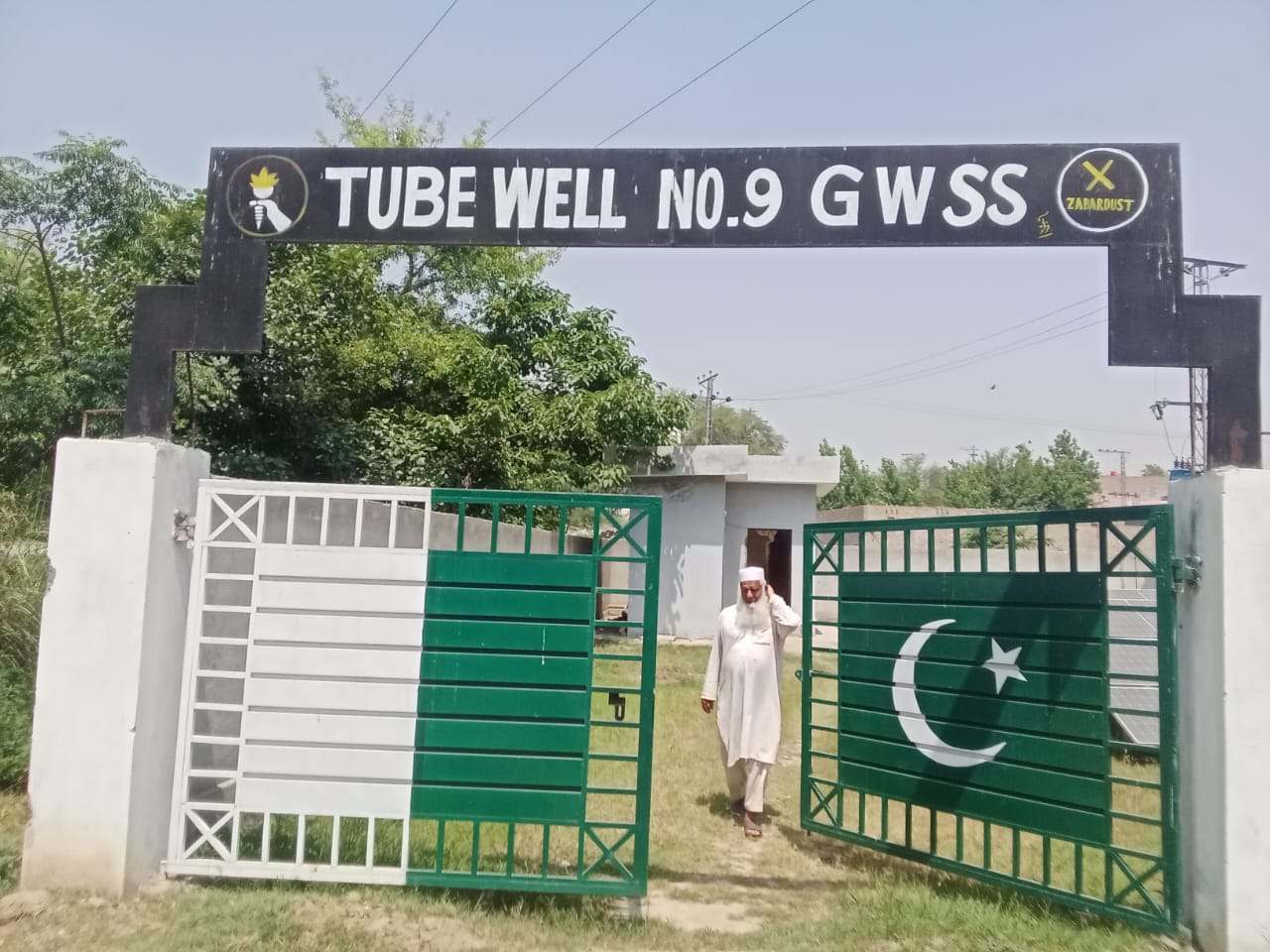
Murad Khan
To address the drinking water shortage in District Headquarters Ghallanai and Tehsil Haleemzai of Mohmand Tribal District, the government of Pakistan has initiated a Water Supply Scheme from Sro Kalay to Ghallanai. Beyond the District and local administration, government organizations, and MR (Mohmand Rifles) headquarters, this water supply scheme also serves the residents of Ghallanai, Pagwal Kor, Molaino Mandai, Sro-qala, Dawat Kor, Chanda, Ghazi Kor, and Akhonzadgaan villages. These areas have entered a new era of development as, previously, villagers were compelled to purchase water tankers at a cost reaching up to 4/5 thousand per tanker during the summer season.
Ijaz-Ul-Haq, Executive Engineer of the PHE (Public Health Engineering) Department in Mohmand, highlights the positive impact of the Water Supply Scheme from SroKalay to Ghallanai, stating, "This is a very beneficial project for the people of Ghallanai Headquarters and the adjacent villages as it fulfills the necessity of drinking water." More than 1400 houses, apart from MR and District Administration, currently benefit from this scheme. Approximately 210,000 gallons of water are extracted daily through nine tub wells, utilizing heavy motors with a separate electricity line and solar system. The water is stored and transmitted through four phases, utilizing three main water tanks and numerous small tanks on consumer sites. This adequately caters to the villages from Ghallani, its surroundings, the check dam area, to Chanda and Akhunzadgaan.
To address project challenges, Haq mentions Maintenance, Repair, Operational Costs, and Revenue Collection as major concerns for the Mohmand Public Health & Engineering Department. In addressing the drinking water shortage, the government is planning additional projects, including the Left Bank Canal from Mohmand Dam to Pandialai and the Right Bank Canal from Mohmand Dam to Prang Ghaar. Plans include sub-surface water extraction in Mohmand Dam, Jay Dam, and Warsak Dam in Khwaizi Baizai tehsil. The government has also proposed a significant water project from Mohmand Dam to Peshawar district. Haq urges the people of Mohmand District to use water wisely, quoting the saying of the Prophet (PBUH): "Do not waste water even if performing ablution on the bank of a fast-flowing large river" (Al Thirmidhi).
Also Read: Protest Erupts in Torkham: Pakistanis Trapped in Afghanistan Demand Action
Former Member of the National Assembly Sajid Khan Mohmand emphasizes their commitment to fulfilling the drinking water needs of Mohmand District through targeted projects. The completion of the Sro Kalay to Ghallanai project marks the first step, with two additional projects involving bringing water from the Kabul River to Khwaizi & Baizi tehsils and transporting water from Mohmand Dam to Pandialai Tehsil underway. Although some areas still experience insufficient water pressure, Mohmand asserts the project's overall success, eliminating the need for water tank purchases. He pledges that, if the PTI government returns, separate funds will be allocated for the maintenance and smooth flow of the project. The government has also constructed several check dams, including Abdul Shakoor Dam, Jay Dam, and Pandialai Dam, serving as vital water storage sources for future use and groundwater recharge.
Naseerullah, a 39-year-old Hawaldar of Mohmand Police from Chanda village near the main district headquarters Ghallanai, appreciates the water supply scheme, stating that water comes for 40 minutes to an hour on alternate days. Although the water pressure is low on the right side of the main road from Peshawar to Bajur, it is sufficient for drinking, eliminating the need to bring water in tankers. Sheena Mama, 48 years old and residing on the opposite side of the road, praises the scheme and mentions having surplus water that they share with neighbors on the other side.
Qari Younas, Kisan Chairman of the neighborhood council, highlights that some villages like Molain, Sra Ghunday, and homes in the mill area did not receive adequate water from the project. Some areas experience limited water, coming only 2 or 3 times a week, prompting residents to fetch water from nearby villages or in tankers. He expresses concern about the upcoming PRs: 1200/month bill, which could be challenging for the economically disadvantaged.
Qari Wasif, 26 years old, points out that Yousaf Khel, Dagai, and certain areas of Akhoonzadgan did not benefit from the project due to pipeline irregularities and limited water duration. He alleges that the landowner in Akhonzadgaan is diverting water for crops and vegetable fields instead of ensuring proper distribution.
An anonymous official from the Public Health Engineering Department Mohmand reveals challenges with pipeline bursts in hilly areas, causing disruptions in water supply every second week. He suggests transferring pipeline spreading responsibilities to the PHE Department for better planning and execution. The official notes that the water reaching their area is insufficient for the needs of consumers and the population.
Older residents reminisce about a time 40/50 years ago when Mohmand Tribal District had freshwater springs. They attribute the current drinking water shortage to climate change, rapid population growth, and inadequate planning, transforming greenery into deserts. They emphasize the urgency of addressing these environmental issues, pointing to significant climate migration in the region as a concerning indicator.
1.jpeg)
09 Jul, 2025
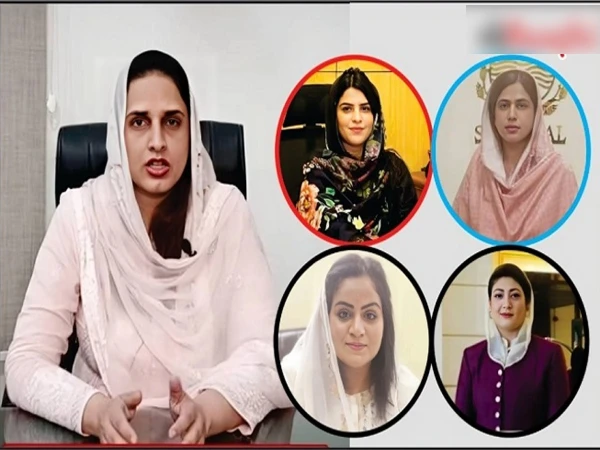

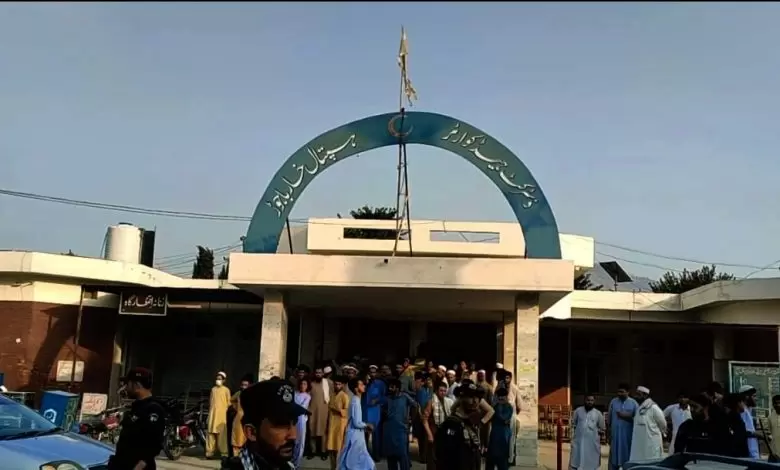
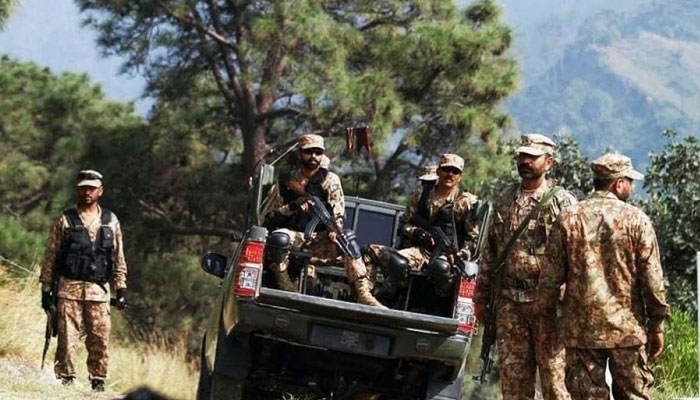

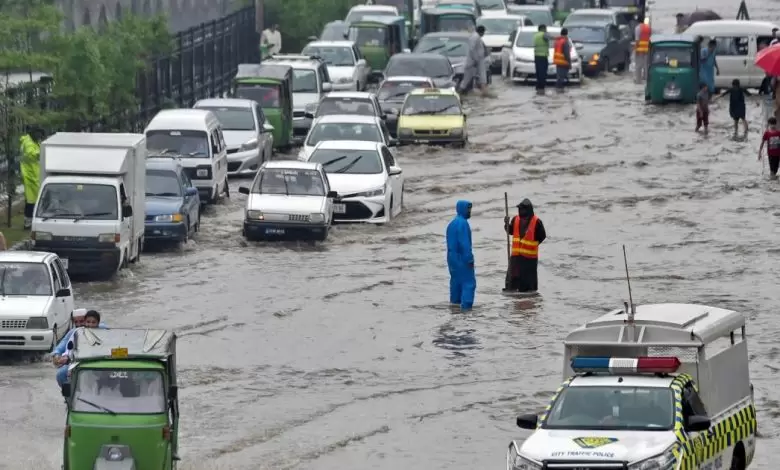
1.jpeg)
09 Jul, 2025